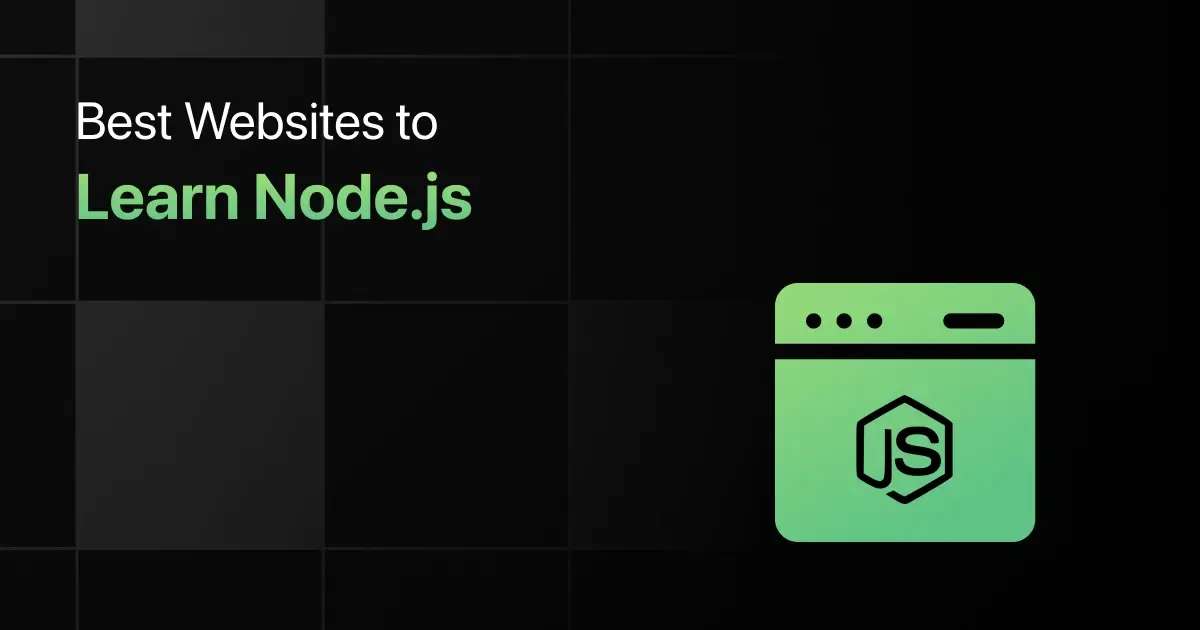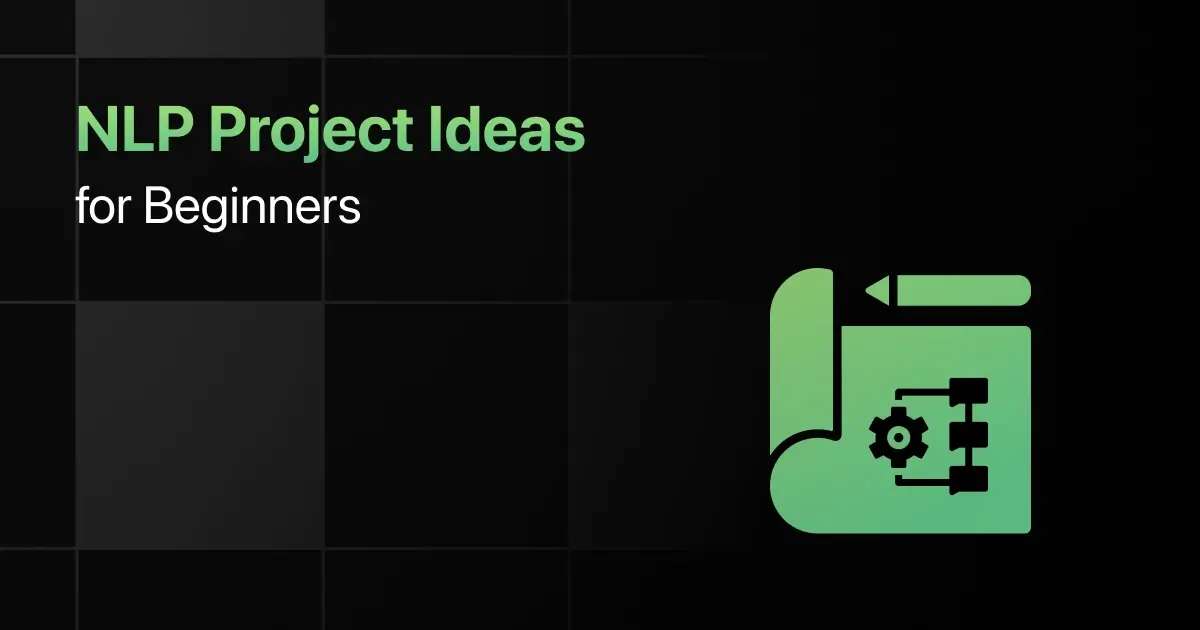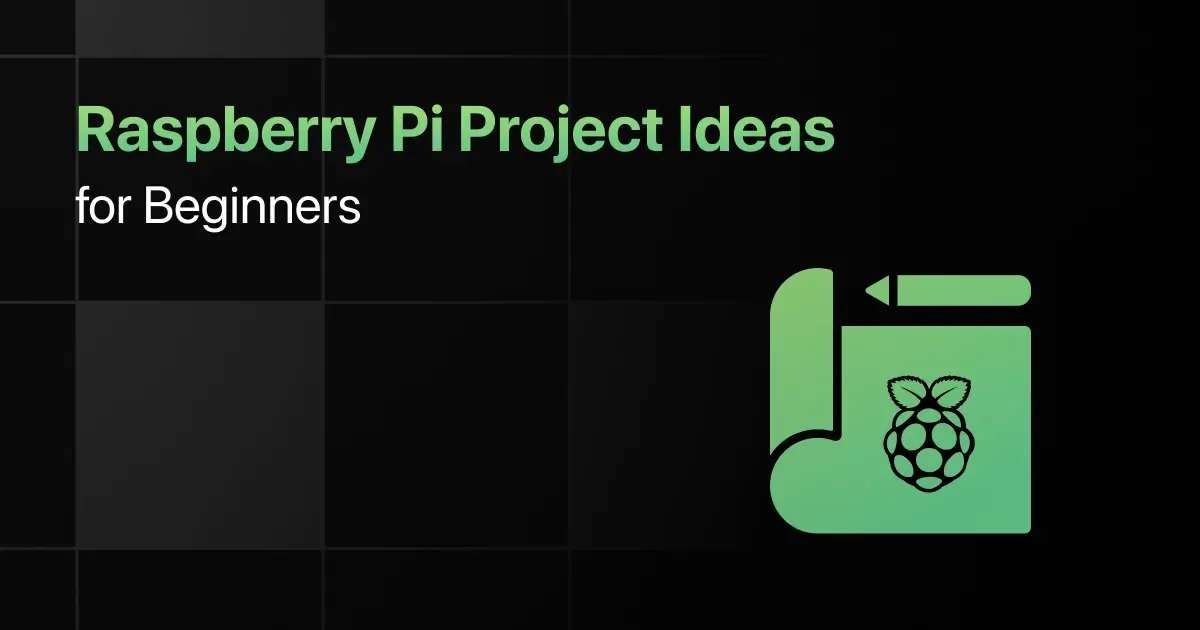Best Websites to Learn Node.js

Interested in diving into the world of server-side programming without the hefty price tag?
Start your journey with the best websites to learn Node.js for free, where you can master this powerful JavaScript runtime environment and bring your server-side projects to life.
10 Best Websites for Node JS – Overview
Here’s an overview of the top 10 websites to learn Node.js:
| S.No. | Website Name | Course Duration | Pricing | Certification | Website Link |
|---|---|---|---|---|---|
| 1 | GUVI | 8 hours | Paid | Yes | Visit Now |
| 2 | nodejs.org | Self-paced | Free | No | Visit Now |
| 3 | Codecademy | 5 hours | Paid | Yes | Visit Now |
| 4 | freeCodeCamp | 8 hours | Free | No | Visit Now |
| 5 | The Odin Project | Self-paced | Free | No | Visit Now |
| 6 | MDN Web Docs | Self-paced | Free | No | Visit Now |
| 7 | Udemy | Self-paced | Paid | Yes | Visit Now |
| 8 | Coursera | 12 hours | Freemium | Yes | Visit Now |
| 9 | Frontend Masters | 4.2 hours | Paid | No | Visit Now |
| 10 | egghead.io | 1.5 hours | Free | No | Visit Now |
Best Websites to Learn Node.js for Beginners
Below is the list of best websites to learn Node.js for beginners:
1. GUVI
The NodeJS course on GUVI is designed for individuals aiming to dive into web development with a focus on NodeJS. It covers setting up NodeJS locally and explores various features including ExpressJs, MongoDB, blog creation, and UI design.
Course Diversity: The course begins with an overview of NodeJS, covering its common modules, HTTP methods, and effective server-client communication. It includes a focus on ExpressJs for web and mobile app development in different variations such as single-page, multi-page, and hybrid applications.
The course also provides knowledge on database connections, CRUD operations, and more, using MongoDB in tandem with NodeJs.
Pricing: INR 2499
Certifications: Globally recognized certification issued by GUVI, an IIT-M incubated company
Language Options: English
Course Duration: 8 hours of recorded content, Self-paced
2. nodejs.org
Node.js.org offers an introductory guide to Node.js, a popular open-source and cross-platform JavaScript runtime environment. The guide is geared towards anyone looking to understand and utilize Node.js for various projects, including web development.
It explains how Node.js runs the V8 JavaScript engine outside the browser, enhancing performance and enabling the handling of thousands of concurrent connections with a single server.
Course Diversity: The guide doesn’t constitute a course per se but provides a comprehensive introduction to Node.js. It includes information on the asynchronous I/O primitives in Node.js’s standard library, which prevent JavaScript code from blocking. The guide covers the basics of Node.js, including setting up a simple server and handling HTTP calls.
Pricing: Free
Certifications: Nil
Language Options: English
Course Duration: Self-paced
3. Codecademy
The “Learn Node.js” course on Codecademy is designed to help learners understand the back-end components of web applications through the Node.js JavaScript runtime environment. The course targets intermediate-level learners and covers essential aspects of back-end development with Node.js.
Course Diversity: The syllabus includes lessons on back-end web architecture, an introduction to Node.js, and Node.js essentials. There are also projects and quizzes to reinforce learning, covering topics like setting up a server and building applications.
Pricing: Codecademy’s paid plans
Certifications: Certificate of completion
Language Options: English
Course Duration: 5 hours.
4. freeCodeCamp
freeCodeCamp’s free course on Node.js and Express focuses on back-end web development. It’s a comprehensive guide for learning Node.js and Express.js, aimed at those looking to understand server-side development using these technologies.
Course Diversity: The course covers a wide range of topics, including the fundamentals of Node and Express, building Rest APIs, creating a MERN app, and developing other Node projects.
Pricing: Free
Certifications: Nil
Language Options: English
Course Duration: 8 hours.
5. The Odin Project
The Odin Project offers a comprehensive NodeJS course as part of its Full Stack JavaScript path. This course is designed to take JavaScript skills to the server side, focusing on using Express, a popular back-end JavaScript framework, and MongoDB, a non-relational database.
It aims to provide learners with the necessary skills to craft the backend of websites effectively.
Course Diversity: The NodeJS course covers a range of topics starting from the basics of back-end development and frameworks to more advanced concepts. Key areas include an introduction to NodeJS, debugging Node, MongoDB, Express, route handling, view templates, and authentication.
The course also touches upon API basics and security, testing Express applications, and includes full-stack projects like a photo tagging app and a messaging app.
Pricing: Free
Certifications: Nil
Language Options: English
Course Duration: Self-paced
6. MDN Web Docs
MDN Web Docs provides an introductory tutorial on Express and Node.js, aimed at learners who want to develop server-side applications using JavaScript.
The tutorial covers the basics of Node.js, the benefits of using Express as a web framework, and the fundamentals of creating an Express application.
Course Diversity: The content is structured to give learners a thorough understanding of server-side development with Node.js and Express. It includes an overview of Node.js, web frameworks, the specifics of Express, setting up a development environment, and creating a basic application.
The tutorial also delves into more advanced topics like handling different HTTP methods, using view templates, middleware, and understanding asynchronous APIs in Node.js.
Pricing: Free
Certifications: Nil
Language Options: English
Course Duration: Self-paced
7. Udemy
This course provides an in-depth introduction to Node.js, starting with its non-blocking I/O model and the V8 JavaScript engine. Learners are guided through building practical applications, understanding asynchronous programming, making HTTP requests, and creating web servers using Express.
Course Diversity: The course covers a broad range of topics, including building a notes app for understanding file system operations, asynchronous programming in Node.js., developing a weather app using API data, advanced topics like MongoDB, REST APIs, and JSON Web Tokens.
Pricing: INR 3499 or INR 85O/month Both free and paid options
Certifications: Professional certificate
Language Options: English
Course Duration: Self-paced
8. Coursera
This Coursera course, offered by IBM, focuses on developing back-end applications using Node.js and Express.
It’s designed for learners to gain skills in server-side JavaScript development, extending Node.js applications with third-party packages and frameworks, managing Node.js packages with npm, and developing asynchronous callback functions and promises.
Course Diversity: The course covers server-side JavaScript, back-end development, web development, and Express. Key learning objectives include creating REST APIs, performing CRUD operations, and implementing authentication and session management.
Pricing: Free
Certifications: Shareable certificate, which can be added to their LinkedIn profile or resume
Language Options: English, with subtitles in 22 different languages
Course Duration: 12 hours
9. Frontend Masters
“Introduction to Node.js, v3” by Frontend Masters is a course that aims to elevate JavaScript skills to server-side development using Node.js. It focuses on building command-line interfaces, file and database manipulation, and creating scalable servers.
The course is designed to help learners extend their JavaScript capabilities to the backend, encompassing various Node.js aspects such as third-party modules and asynchronous coding.
Course Diversity: The course provides a thorough exploration of Node.js, covering the history and non-blocking I/O model, creating simple programs, understanding the differences between browser and Node.js environments, and setting up custom CLIs.
It also delves into modules, CRUD operations, and the use of the file system module (FS). Additionally, learners are taught how to write unit tests using Jest and build basic servers.
Pricing: Frontend Masters subscription
Certifications: Nil
Language Options: English
Course Duration: 4 hours and 12 minutes
10. egghead.io
The course “Learn the Fundamentals of Node.js for Beginners” on egghead.io, instructed by Will Button, is geared towards beginners in JavaScript development. It focuses on understanding how Node.js works, scales, and interacts with applications.
The course is designed to provide a solid foundation in Node.js, teaching how to architect applications to leverage Node.js’s features and capabilities effectively.
Course Diversity: The course offers a comprehensive introduction to various aspects of Node.js, including using the Node.js REPL shell, understanding callbacks, the Node.js process object, buffers, global namespace, and creating and exporting modules.
It also covers topics like creating a TCP server using the Node.js Net Module, managing memory, and garbage collection. The lessons are designed to equip learners with practical skills for server-side JavaScript development.
Pricing: Free
Certifications: Nil
Language Options: English
Course Duration: 1 hour and 24 minutes
Frequently Asked Questions
1. What are the best websites for learning Node.js?
The best websites for learning Node.js are:
- GUVI
- nodejs.org
- Codecademy
- freeCodeCamp
- The Odin Project
- MDN Web Docs
2. What are some free Node.js learning websites along with certifications?
GUVI, nodejs.org, freeCodeCamp, The Odin Project and MDN Web Docs are some free Node.js learning websites along with certifications.
3. Why should I choose website for learning Node.js?
You should choose a website for learning Node.js because they offer flexibility and have a variety of learning resources. They cater to different learning styles with interactive tutorials, video lectures, and hands-on exercises.
4. How do I choose the right website for learning Node.js?
You can choose the right website for learning Node.js by considering factors like course content quality, learning style compatibility (videos, interactive exercises), instructor expertise, community support, and pricing.
5. Can a beginner learn Node.js effectively through websites?
Yes, beginners can effectively learn Node.js through websites. Many platforms offer beginner-friendly courses that start with basics and gradually progress to more complex topics.
6. Are there websites that offer content in multiple languages for learning Node.js?
Yes, some websites like Coursera and Udemy provide Node.js learning content in multiple languages and subtitles.
Final Words
These websites are like your personal coding workshops, offering a variety of Node.js tutorials and practical projects for all skill levels.
Keep checking this article as we will keep updating this space as more websites make space in the heart and study schedule of students preparing for placements and competitive exams.
Explore More Node JS Resources
Explore More Websites
- Python
- Java
- Coding
- C++
- C Programming
- SQL
- JavaScript
- Data Science
- HTML & CSS
- Web Development
- Data Structures and Algorithms
- AI & Machine Learning
- Ethical Hacking
- Android Development
- React JS
- Game Development
- Competitive Programming
- Digital Marketing
- Tableau
- DBMS
- R Programming
- PHP
- Cyber Security
- Excel
- Data Analytics
- Bootstrap
- Cloud Computing
- Operating System
- Angular
- RPA
Related Posts

Golang Interview Questions
Are you preparing for your first Golang interview and wondering what questions you might face? Understanding the key Golang interview questions …





